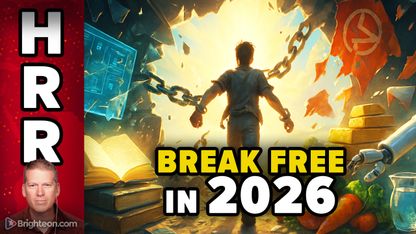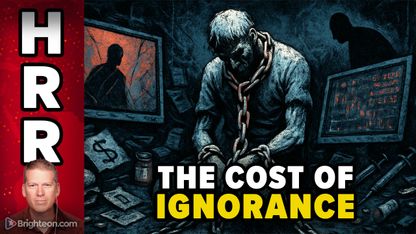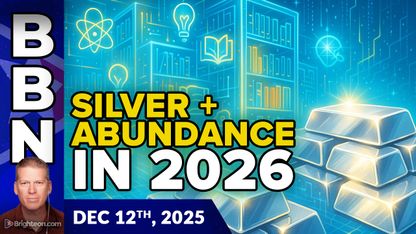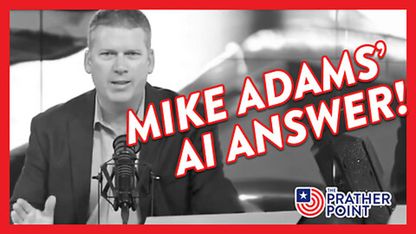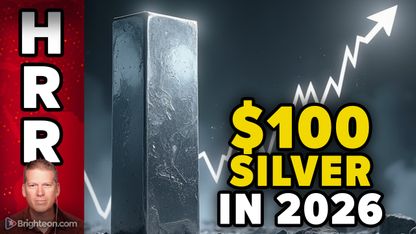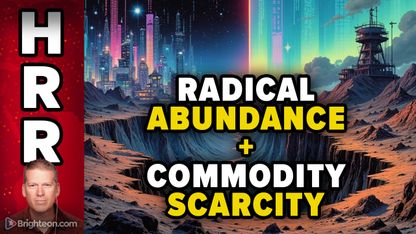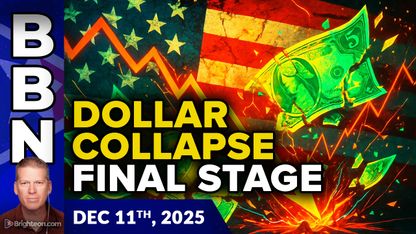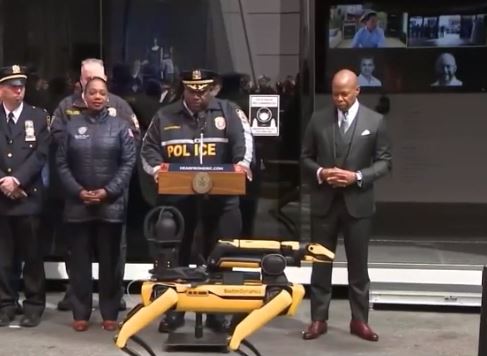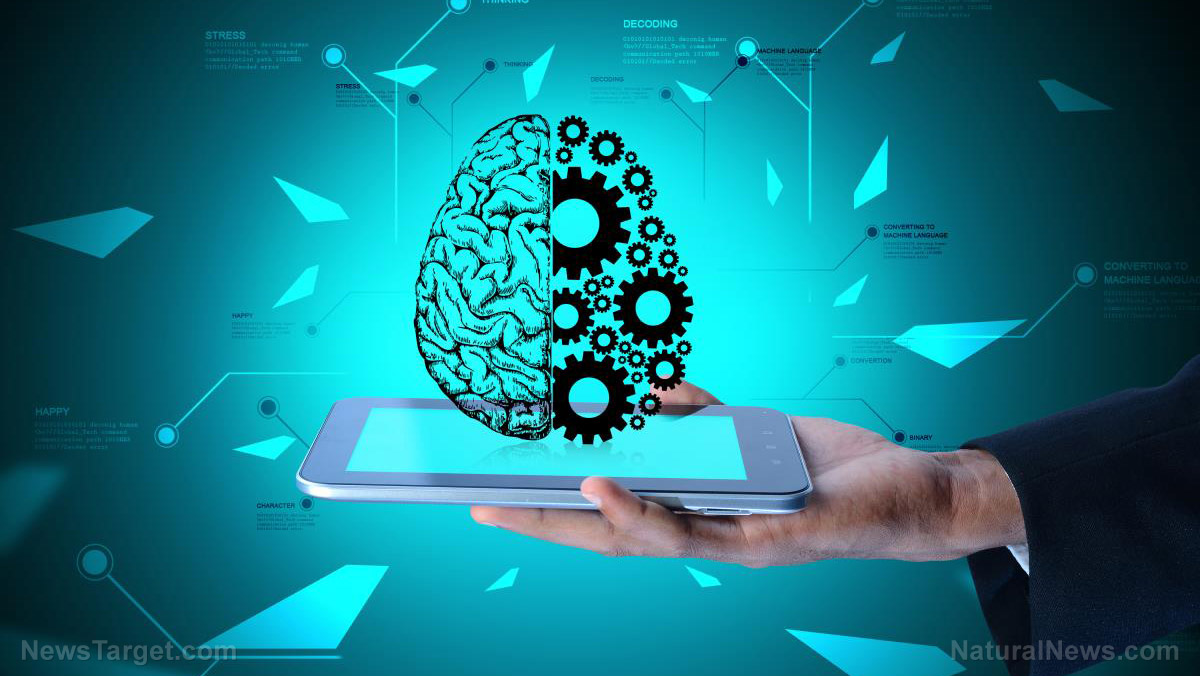
A British "futurist" by the name of Ian Pearson is convinced that artificial intelligence (AI) is on track to completely take over the planet. And the only way for humans to survive and not be wiped out entirely, he says, is for all of us to merge our brains with the AI in order to somehow match our collective IQ with theirs.
Pearson, who works for a company called Futurizon, recently told the media that he believes AI will eventually be "billions of times smarter" than humans, and that so-called "singularity" – the merging of humans with machines – is the only solution to this impending threat. While he doesn't necessarily see this merger as good, per se, he's convinced that it's a necessary next-step for making sure that humans aren't made obsolete by machines.
"I don't actually think it's safe, just like Elon Musk ... to develop these superhuman computers until we have a direct link to the human brain ... and then don't get way ahead," Pearson says.
Such sentiments are similarly held by Anthony Levandowski, an ex-Uber employee and Google engineer who actually formed an entire religion around the worship of AI. Known as "Way of the Future," Levandowski's "church" seeks to follow instructions from higher intelligence AI "gods" that he believes can help humans better ourselves as a species.
This religion will eventually have a gospel called "The Manual" that will have its own set of rituals similar to an actual church. It will also have places of worship where people can go to learn from the AI gods – and Levandowski has already named himself as the "dean" of Way of the Future, which means he has full control of the religion until the time he dies or resigns from his post.
SpaceX and Tesla CEO Elon Musk has warned that the rise of AI machines represents humanity's "biggest existential threat," and has likened its development as "summoning the demon." If humanity isn't careful, people could end up becoming AI slaves or "pets," which any cursory glance at how people are already chained to their smartphones suggests may already be the case.
It seems like the technocrats almost want humanity to go extinct
Like Pearson, Musk is of the persuasion that AI computers will be orders of magnitude smarter than the human brain when all is said and done. By the time they fully come to fruition, he says, AI systems will dwarf human intelligence to such a degree that humans won't stand a chance at being the dominant species any longer.
"Over time, I think we will probably see a closer merger of biological intelligence and digital intelligence," Musk stated back in February 2017. "It's mostly about the bandwidth, the speed of the connection between your brain and the digital version of yourself, particularly output."
A company known as Neuralink that Musk is reportedly already developing aims to accomplish exactly this. He and Pearson have both warned that some jobs that don't require humans in order to operate will eventually disappear. And those jobs that are taken over by AI could become platforms through which humans are trained to become "superhuman" workers that serve the interests of the AI.
A 2016 YouGov survey found that most people are already fearful of losing their jobs to AI robots. Some 60 percent of people, the survey found, believe that there will be noticeably fewer jobs for humans in 10 years, while 27 percent believe there will be a significant reduction in human jobs over the next decade.
"Eventually, I think human extinction will probably occur, and technology will likely play a part in this," stated Shane Legg of DeepMind, an AI research company, during a recent interview with the Daily Mail Online.
To keep up with the latest AI news, visit Robotics.news.
Sources for this article include:
Please contact us for more information.

